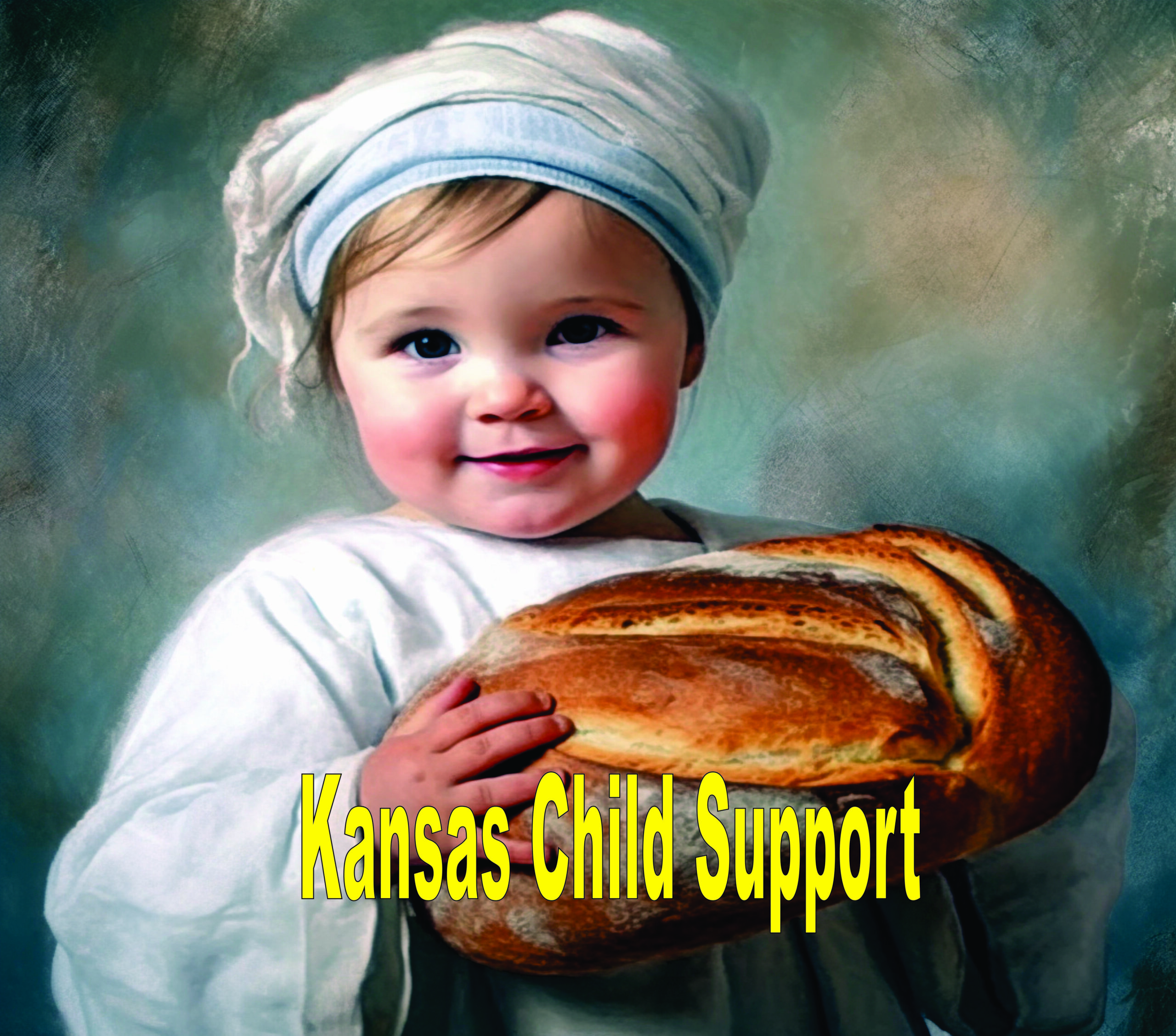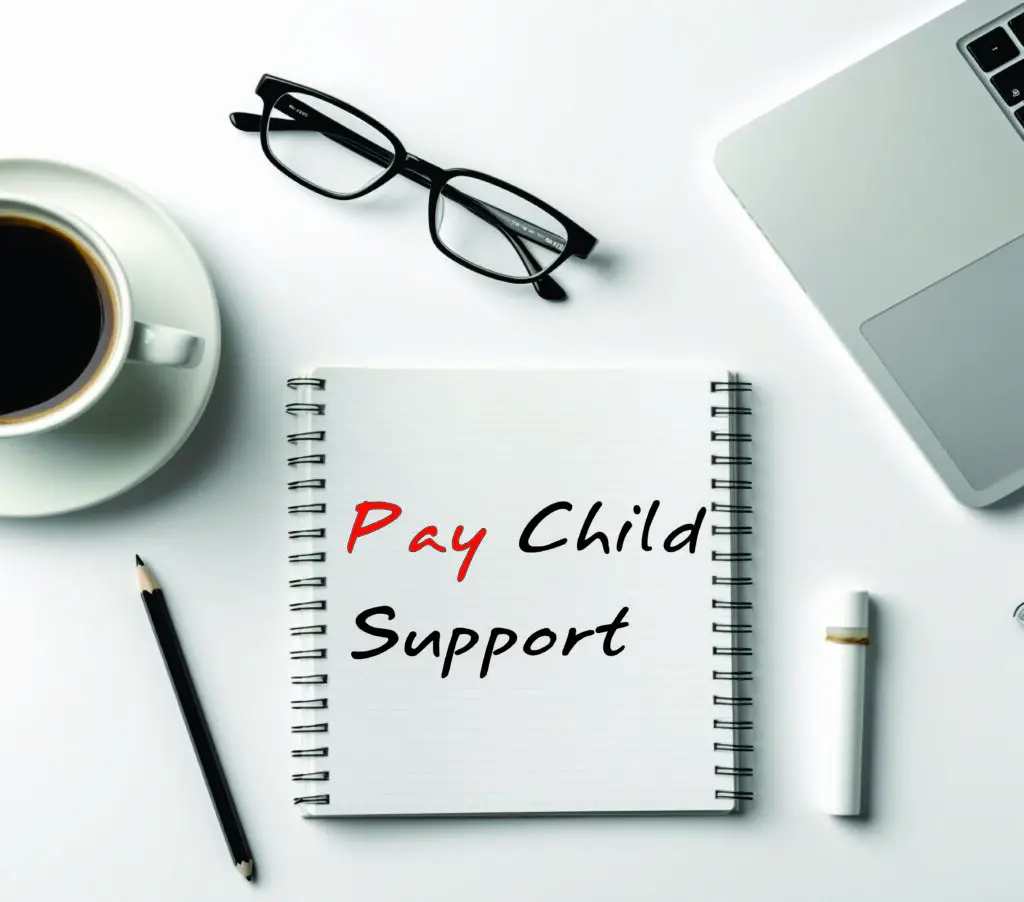Last Updated on October 27, 2023 by Lori Pace
Child support payments are payments that a non-custodial parent makes to the custodial parent for financial assistance in the child’s education. The parent with custody of the child is often responsible for taking care of it when the parents divorce. This can put financial strain on the parents and reduce the standard of living for the child. In this article, we will provide information about Kansas child support system.
The Process For Child Support After Divorce in Kansas
Custodial parents can apply for Kansas child support services by downloading and filling in the online enrollment form. Once completed, please mail the form to KS Child Support Services at P.O. Box 552, Lawrence, Kansas 66044. This form allows parents to indicate their interest in the services they need, such as the location of the other parent, the establishment of paternity, modification of an existing order, and so on. The application also requests information on the other parent. This information could be useful in locating the noncustodial parents so that the case can proceed.
Once the confirmation of location of noncustodial parent, they receive court papers informing them of the child support case. CSS assists in obtaining a court order to determine the paternity and paternity for the child if the custodial parent states on the form that confirms the paternity. Confirming the paternity is possible through DNA and genetic testing. Tests are performed by taking swabs from the mouth of both the child and the father. The results are usually available within 4-6 weeks of the test date. Either the custodial parent can request paternity testing.
Once the child’s parentage has been established, the court will begin a hearing process in which the income of both parents, number of children, existence and other dependents are all considered. are considered. These factors will influence the final amount of the child support order.
How To Receive Child Support in Kansas
After receiving payments from non-custodial relatives, the Kansas Payment Center (KPC), is responsible for paying custodial parents.
There are two ways for parents to receive their child support payments. You can load the funds onto a Key2Benefits debit card. You can use the card to buy items or withdraw cash just as any normal debit card. Parents who wish to apply for the Key2Benefits card can fill the application form.
Direct deposits to the checking or savings accounts of custodial parents is possible. After the KPC processes the payments, the funds are transferrable to the parent’s bank account. Visit this website for further details on the direct deposit arrangement.
Parents who are unable to open an account or use the Key2Benefits Card can request that the KPC mail their payments in paper checks. To do this, send a letter to Kansas Payment Center, PO Box 750080, Topeka, KS 66675-0080 or dcf.contactKPC@ks.gov.
The Maximum Amount That Your Family Can Receive
Use the Kansas has Child Support Guideline to decide how much child support the non-custodial parent should be paying. These guidelines take into account the child’s needs, the income of the parents and any dependents, the medical insurance costs of the child, the age of the child and other particular details that may be specific to each case. The court will also be able to determine a reasonable amount of child support that the custodial parent should pay based on the information provided.
Enforcement of Child Support
Issuing an Income Withholding Order (IWO) is possible to enforce child support orders. This is a notice to the employer of the noncustodial parents, informing them to withhold a portion of their wages. It’s important to obtain an IWO from the employer of the non-custodial parents.
If the parent’s employer is unknown or the parent or is under self-employment, then there are other measures to enforce compliance. Denial of passport applications, suspension or denial of recreational licenses (e.g. hunting or fishing license), suspension or restriction on driver’s licenses and interception of tax returns, interception lottery winnings, suspensions of professional licenses are some examples of these actions. You can also place liens on real estate or other property until the defaulting parent pays up all monies. Additionally, CSS can take enforcement action if the non-custodial parent fails to pay for a full calendar month.
Even after the youngest child is emancipated, any child support payments owed must be paid. More information on the child support process in Kansas can be found in the child support handbook.



